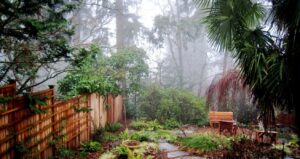
Book Review: The Pacific Northwest Native Plant Primer
Spring 2023 255 Plants for an Earth-Friendly Garden by Kristin Currin and Andrew Merritt “Set aside for a moment the myriad alarm bells ringing …

Spring 2023 255 Plants for an Earth-Friendly Garden by Kristin Currin and Andrew Merritt “Set aside for a moment the myriad alarm bells ringing …
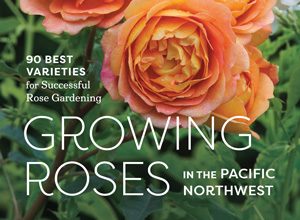
Required reading: climatic reality, care and cultivation, and organic controls—all that and 90 of the best roses for PNW gardens.
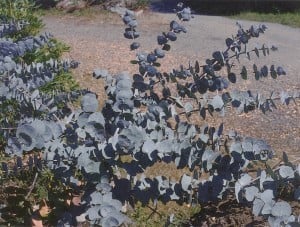
Eucalypts originated in Australia about twenty-five million years ago, when deserts and tropical and temperate grasslands began to develop on Earth. Then, as now, Australia was situated in the Southern Hemisphere, though somewhat further south, and its climate was milder and wetter. As it drifted northward into lower latitudes, the land became hotter and drier; no really high mountains ever developed. Eucalypts, therefore, adapted with these changes to drought and heat, but not to severe cold. As a result, of the more than 600 or so species of Eucalyptus, the only ones that can survive our cold snaps are found in the coldest places in Australia.
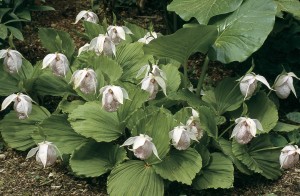
Growing hardy orchids is not for gardeners unwilling to take absurd and sometimes costly risks. In fact, one must steel oneself for either quick or lingering death and accept responsibility for both. Still, the glamour and pride of humbly sharing with an astonished visitor blooming orchids—orchids that live outside year ’round—make it possible to damn the cost and accept such loss.
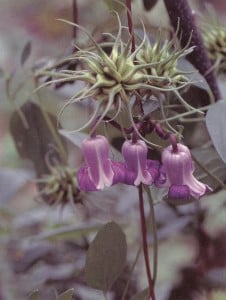
Although there are many garden-worthy North American native clematis, most of them live in relative anonymity. Precious few are available in commerce, even though some, such as Clematis texensis, are legendary. Seed exchanges often prove frustrating, because clematis seed should be planted when fresh. While they may be difficult to acquire (unless, like me, you love the thrill of the chase), our native clematis are easy to grow in Pacific Northwest gardens. Some are herbaceous perennials rather than vines, making them ideal for the small garden or for container culture.

Journalistic team—and husband and wife—Bill Terry and Rosemary Bates visit 11 Pacific Northwest gardens under the care of inspired artists and opinionated plantsmen. The result provides both inspiration and consolation in equal measure.
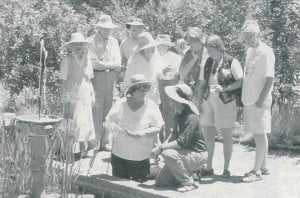
As George Waters has explained in previous articles tracing its history, Pacific Horticulture is published by the Pacific Horticultural Foundation. This non-profit foundation was established in 1968, sponsored initially by three horticultural societies in the Bay Area, with groups in Southern California and the Pacific Northwest joining at a later date; Pacific Horticulture is offered as a benefit of membership in each. Here we offer a brief story about each of our five sponsoring organizations that continue to support the foundation and to guide the direction of the magazine.
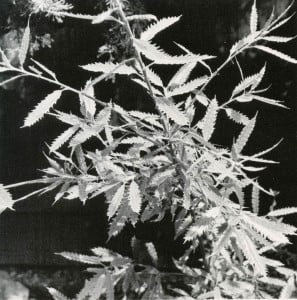
A benign, temperate climate extends along our botanically rich Pacific Coast from the San Francisco Bay Area to southwestern British Columbia. The many gardens throughout this vast stretch of land play host to plants of many lands. The best of plants from the Orient, Europe, and other faraway places luxuriate in gardens of our coastal belt. Yet just beyond the confines of our Pacific Northwest gardens, there are many wildlings of forest, rock outcrop, prairie and seacoast that can bring added charm and color to the cultivated spaces nearby.
As a companion to Kristan Johnson’s article, Well-bred Fruit (for the Maritime Climate), which was featured in the July 2011 issue of Pacific Horticulture, we